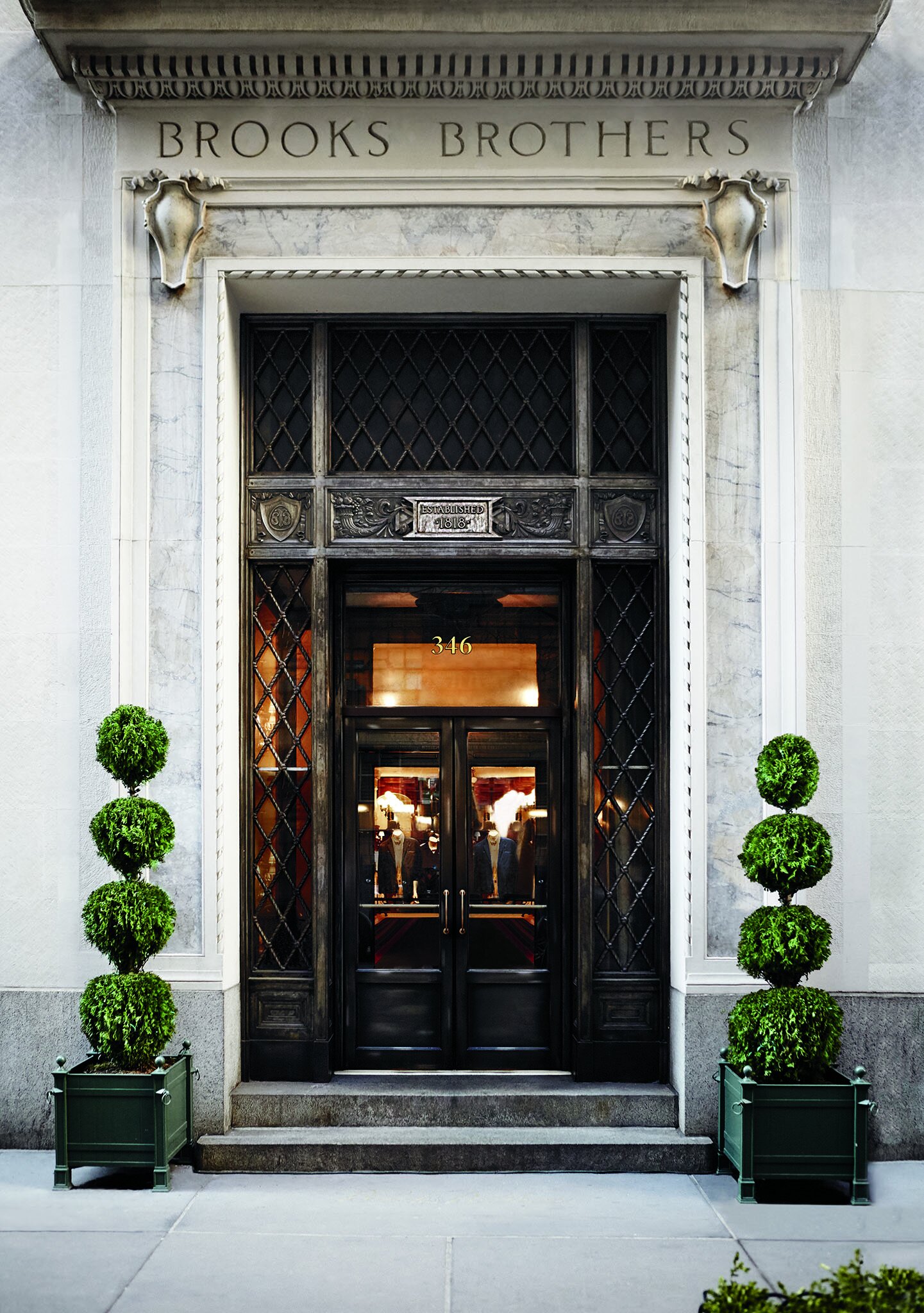“Hermès has always had this unique ability to position themselves as the iconic brand it is, but also embrace newness and technology and remain relevant and modern,” said Robert Burke, chairman and CEO of Robert Burke Associates.“They are strategic in everything they approach and they were very strategic with their online over the years.”
“They have a different way of marketing,” said Burke. “They really rely on their own placement, through their website and social media like Instagram and they’re been very good. Other brands spend an enormous amount of money on advertising and PR events and they seem to kind of stay away from that from what I can see.”
“They are good at relating to the customer,” said Burke. “It stays fresh, it stays relevant, and they have ongoing videos. On their retail side, to keep it interesting, they’ve opened new store concepts like the one in the Meat Packing district in Manhattan, where they have unique products just for that store, whether that be the Hermès skateboards or limited edition products. And that, I think has been important.”
Part of Hermès’ success reckons Burke, particularly during the pandemic, is that consumers have had a great deal of time to research and look at potential purchases. “There’s an overall feeling that when you do spend money, you want something that has a sense of investment and longevity,” he said.
“The feeling of quick and disposable fashion has not been successful during this time period… Hermès has year round product ranges, they have classic styles, many things are limited editions, and so there was a demand for their sales, and the reality is they have a variety of price points. It’s a luxury experience in a time when many of the other competitors are not providing a luxury experience.”
“With Hermès, they are measured in everything they do,” said Burke. “They’re not reactionary. They are not one to be reactionary, and so I think that they are taking in what they have learned over this period with their online business and I would imagine that they will capitalise on it but only in the most strategic way.”
“I don’t think you are going to see a blast of new product on the Hermès’ website, part of their allure has always, always been that its limited. And scarce. And that’s like giving candy to a baby in the luxury industry to the luxury consumer,” he added. “They have always been, even more so now, in an enviable position compared to the other luxury brands and brands in general. In many ways they are the antithesis of commercial. And I think that really works for them.”




















